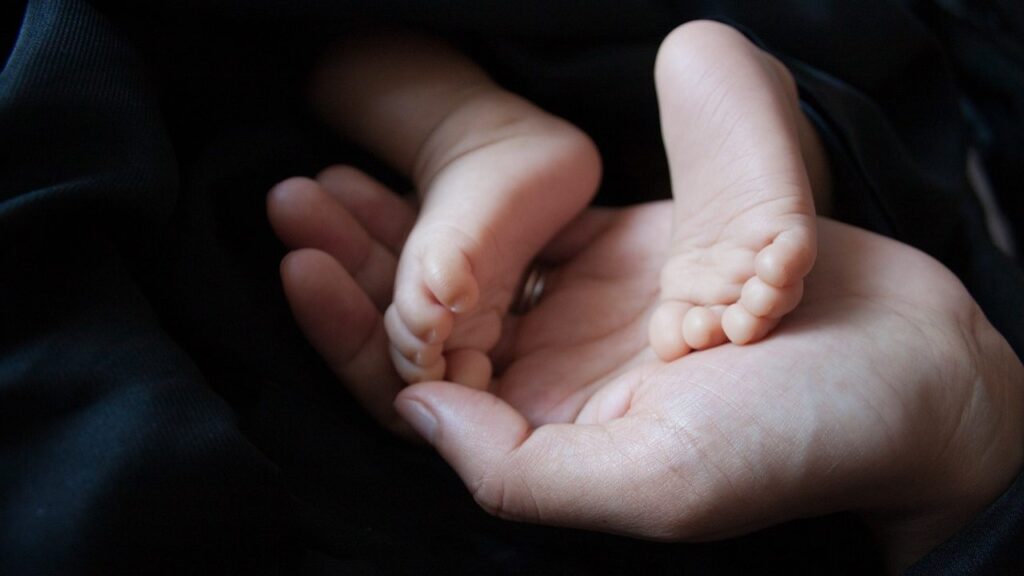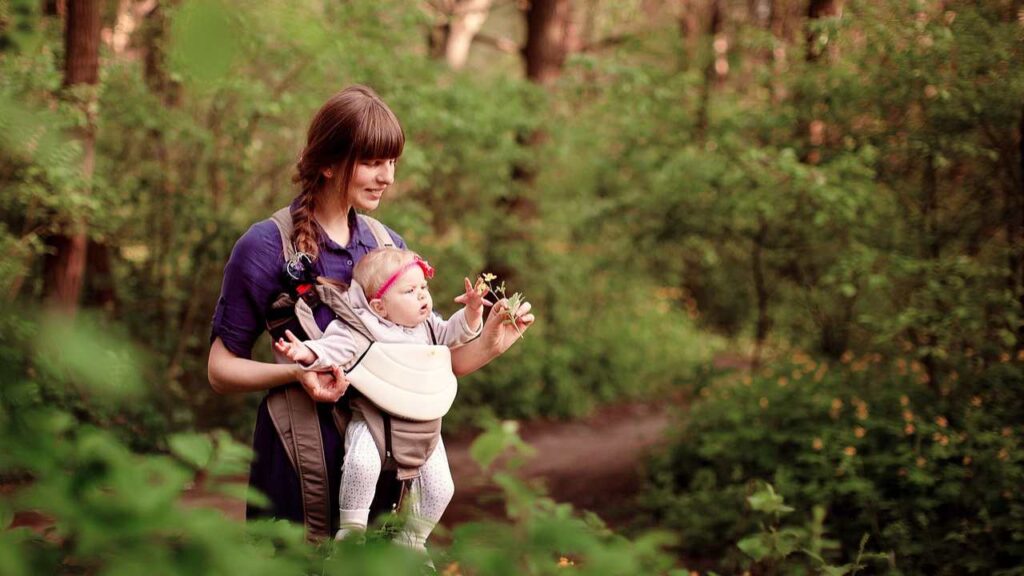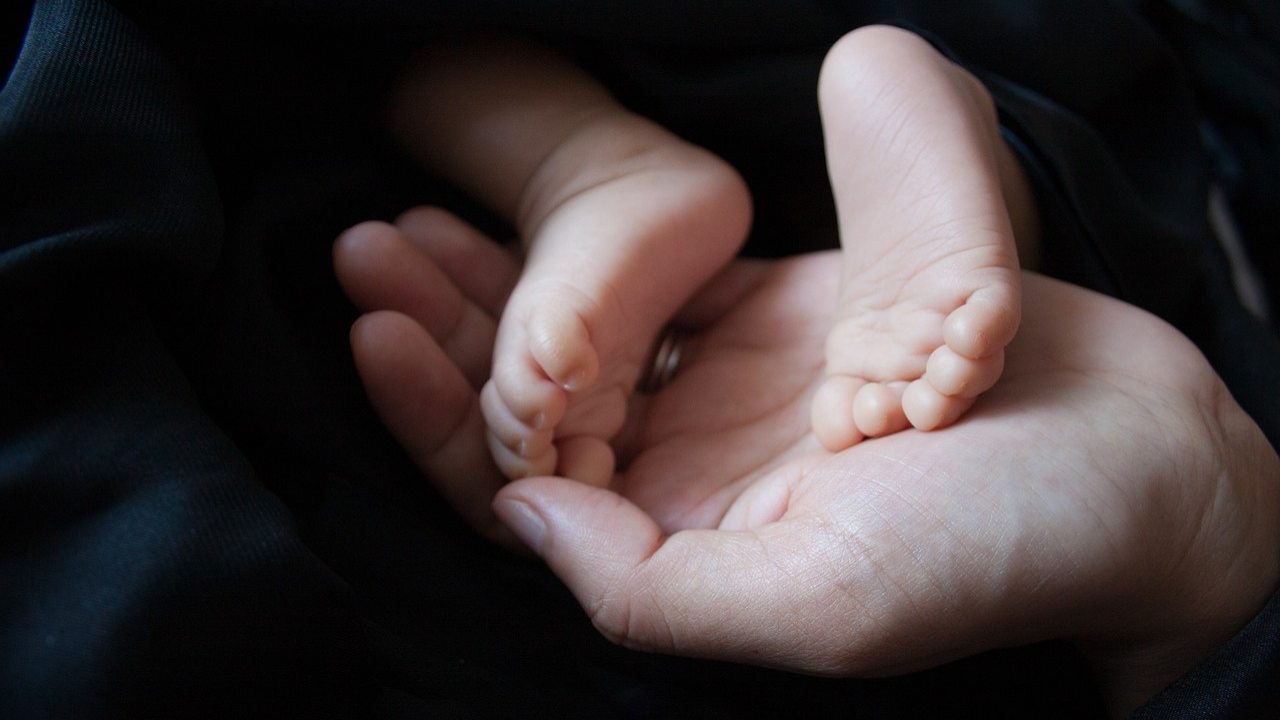Caring for a newborn is both a joyful and challenging experience. Understanding the main developmental need for a newborn ensures they grow healthy and happy during their earliest days. These needs are not limited to physical care but include emotional, social, and cognitive aspects crucial for their overall development. Addressing these needs lays the foundation for a strong start in life.
In this guide, we’ll delve into the essential developmental needs of a newborn baby and provide practical insights to support their growth.
Main Developmental Need for a Newborn: A Comprehensive Guide

Newborns rely entirely on caregivers to meet their basic and developmental needs. Addressing the main developmental need for a newborn involves balancing nourishment, emotional bonding, and cognitive stimulation. Below are 9 essential areas to focus on:
1. Nutrition: Fueling Growth and Development
Proper nutrition is fundamental to a newborn’s health and growth.
- Breast milk offers the perfect balance of nutrients and antibodies.
- Formula feeding is a safe alternative, but ensure it meets your baby’s needs.
- Feed on demand to align with your baby’s hunger and growth patterns.
2. Emotional Bonding: Building a Secure Connection
Emotional bonding nurtures trust and security, essential for a baby’s emotional and social development.
- Engage in skin-to-skin contact to create a sense of closeness.
- Respond promptly to crying to foster trust and comfort.
- Use soothing voices and gentle touch to calm and connect with your baby.
3. Physical Comfort and Safety: Creating a Safe Space
Ensuring physical comfort and a secure environment is crucial for your baby’s development.
- Keep the crib free from loose bedding and toys to prevent hazards.
- Use soft, breathable clothing to maintain comfort.
- Monitor room temperature to keep your baby warm but not overheated.
4. Sleep: Vital for Physical and Mental Growth
Newborns need adequate sleep to support their physical and cognitive development.
- Aim for 14-17 hours of sleep per day, divided into short intervals.
- Place babies on their backs for safer sleep practices.
- Ensure a firm mattress and a quiet, dimly lit sleep environment.

5. Hygiene: Protecting Health and Well-Being
Maintaining hygiene helps prevent infections and promotes overall comfort.
- Change diapers frequently to avoid rashes.
- Use mild, baby-safe soaps and shampoos for gentle cleaning.
- Keep the umbilical cord area clean and dry until it fully heals.
6. Cognitive Stimulation: Encouraging Brain Development
Stimulating a newborn’s senses fosters early brain development and learning.
- Talk, sing, and read to your baby to build language recognition.
- Offer sensory toys like rattles or soft books.
- Provide tummy time to strengthen muscles and encourage exploration.
7. Social Interaction: Fostering Early Communication
Newborns benefit greatly from early social interactions that enhance communication skills.
- Mimic your baby’s coos and babbling to support their vocal development.
- Expose your baby to family and friends to introduce new faces and experiences.
- Use expressions and gestures to help your baby understand emotions.
8. Routine Check-Ups: Monitoring Development Milestones
Regular doctor visits ensure your newborn is meeting their developmental goals.
- Measure growth parameters like weight, height, and head circumference.
- Stay updated on immunizations to safeguard against illnesses.
- Address any concerns about feeding, sleeping, or behavior with your pediatrician.

9. Love and Attention: The Foundation of All Needs
Love and attention provide the emotional security and confidence a newborn needs.
- Cuddle, hold, and spend quality time with your baby.
- Create a distraction-free zone during bonding activities.
- Celebrate small achievements to encourage their efforts and growth.
Conclusion
The main developmental need for a newborn goes beyond basic care to include emotional, cognitive, and social support. Meeting these nine developmental needs ensures your baby receives a nurturing and enriching environment.
From proper nutrition and hygiene to emotional bonding and cognitive stimulation, every aspect contributes to their well-being. By addressing these needs with patience and love, parents can set the stage for their baby’s healthy growth and lifelong success.
FAQ’s
What is the main developmental need for a newborn?
The main developmental need for a newborn includes proper nutrition, emotional bonding, and a safe environment. These elements are essential for healthy growth and development.
How can parents support newborn developmental milestones?
Parents can support milestones by providing proper nutrition, stimulating cognitive development through play, and ensuring regular pediatric check-ups to monitor growth.
Why is emotional bonding important for a newborn?
Emotional bonding helps build trust and a sense of security, which are vital for social and emotional development. Skin-to-skin contact and responding to your baby’s cues play a big role in this process.
How much sleep does a newborn need?
Newborns require 14-17 hours of sleep daily, usually in shorter intervals. Proper sleep is essential for brain development and physical growth.
What role does hygiene play in newborn care?
Hygiene helps prevent infections and ensures a baby’s overall comfort. Regular diaper changes, bathing with mild products, and keeping the umbilical cord clean are key hygiene practices.




